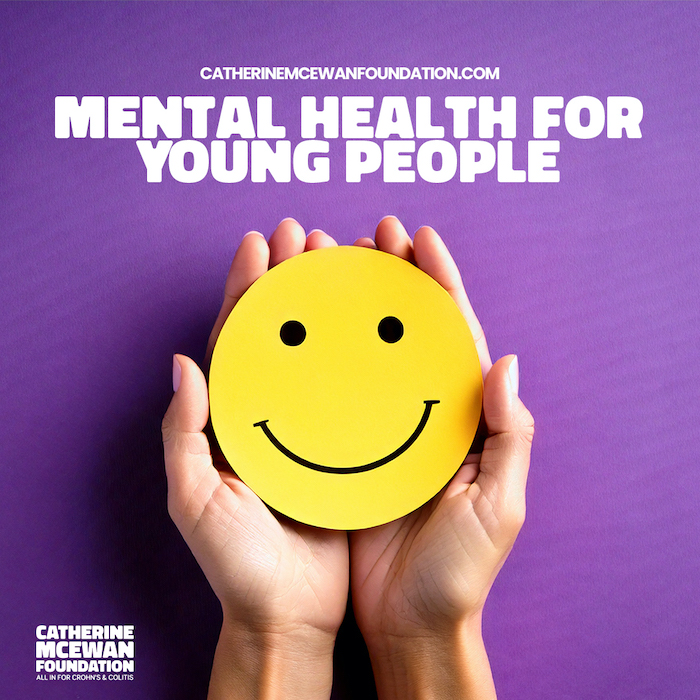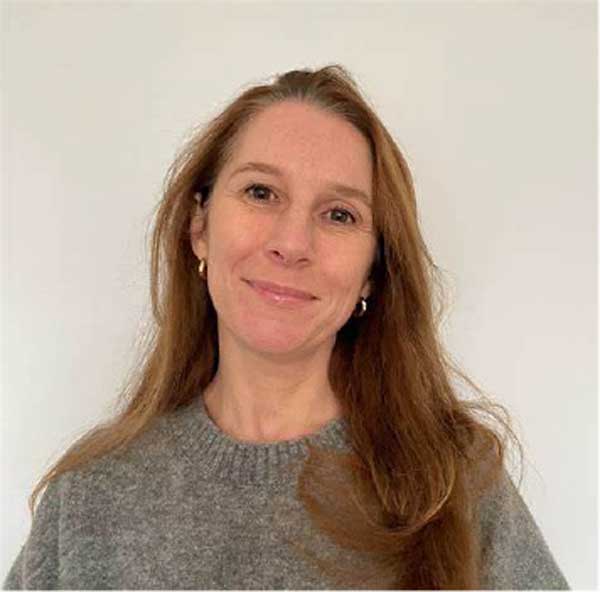
Dr. Marie-Claire Whyte (PhD, D Clin Psych) is a Clinical Psychologist registered with the Health and Care Professions Council (HCPC).
Marie-Claire has worked as a Clinical Psychologist with both adults and children since 2008. Having worked at Edinburgh Children’s Hospital, Wishaw General Hospital, and Glasgow Children’s Hospital, she has a good understanding of the impact of a long-term health condition on a young person’s day to day psychological wellbeing. Marie-Claire also has longstanding experience with moderate to severe mental health difficulties through her work over the years in CAMHS.
Marie-Claire offers assessment and evidence based psychological interventions for issues people often struggle with, such as anxiety, low mood, grief and loss, transitions, eating issues and post trauma, as well as an awareness of those that fit best for young people living with IBD.
She also has specific training in treatments such as Cognitive Behavioural Therapy (CBT); Trauma Focused CBT; Acceptance and Commitment Therapy (ACT), Eye Movement Desensitisation and Reprocessing (EMDR) and Interpersonal Psychotherapy (IPT),
Sometimes Marie-Claire will work with the young person and their family together, so everyone can help support them.
Marie-Claire’s main goal is to create a safe, welcoming space where young people feel heard and understood – especially when it comes to dealing with IBD while juggling everything else life throws at you, like friendships, school, or college. By talking things through together, she can help work out what’s really going on and the best ways to support the young person and their family so that everyone can get on with living.
